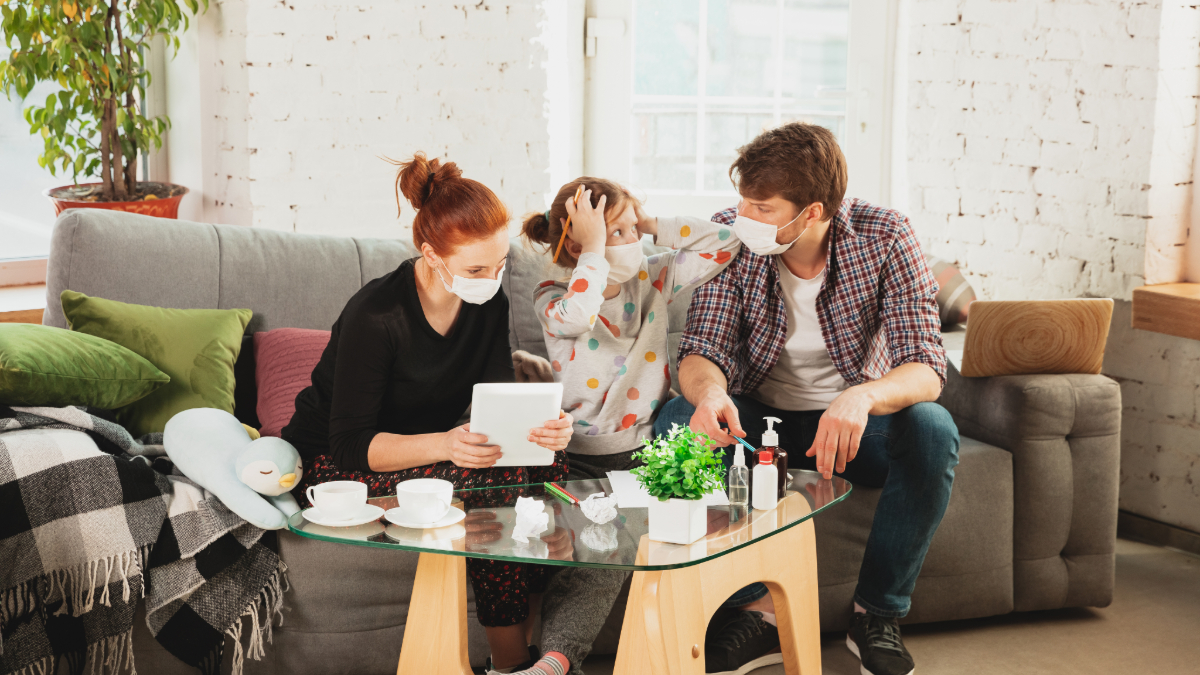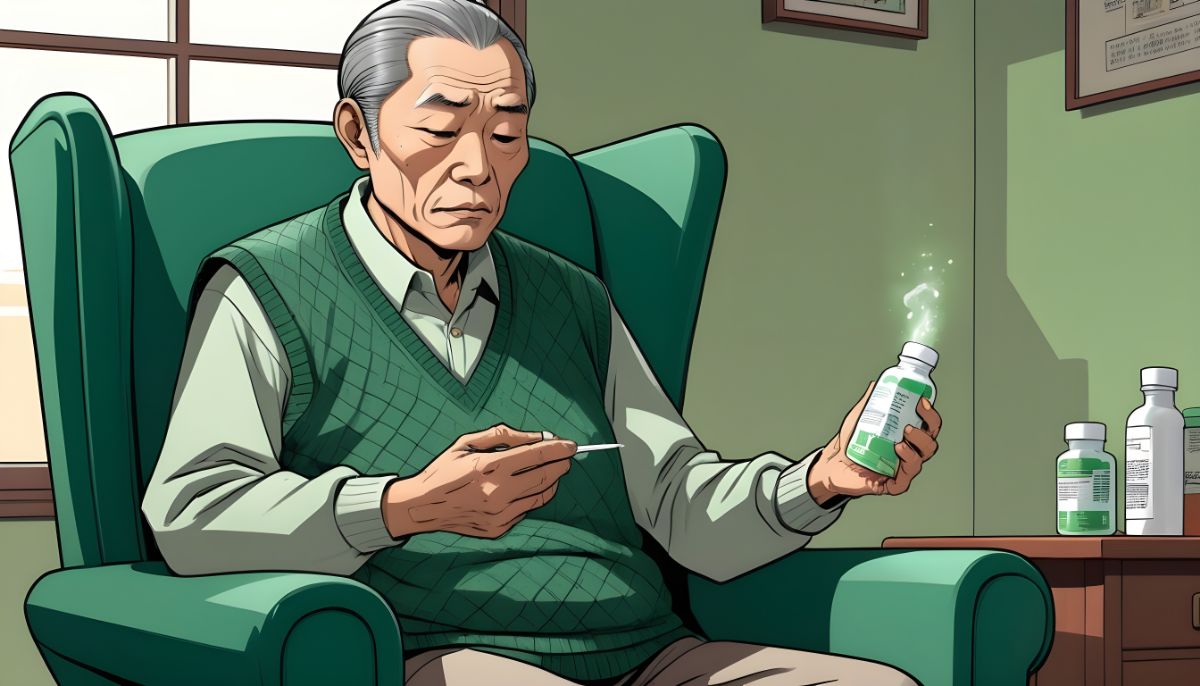
Change is here to stay, and life is often full of challenges. They can be anything from making your workspace more comfortable to keeping your family safe from Covid19. In reality, the Coronavirus has kept millions of people on edge. No one knows what’s going to happen next, and it seems like every day the news and statistics change. In this article, we’ll discuss some practical tips for keeping your loved ones safe during the pandemic.
Have Regular Tests
Coughs, colds, and flu haven’t gone away since the Coronavirus arrived, so it’s important to know what’s wrong before taking further action. It’s wise for people to take Covid tests if:
- they are frequently mixed with others
- they’ve been near someone who’s unwell or who has tested positive for the virus
- they are manifesting Covid symptoms
Two major tests you can take are lateral flow tests and PCR tests. They can be obtained from a number of different sources, depending on your location. There are many specialist websites that issue them for home use or when traveling abroad. If you need an at home covid test you can order Covid19 supplies, rapid test kits, and rapid antigen nasal test kits. It’s often possible to view the product photos, descriptions, prices, and savings – and to obtain same-day shipping.
Stay Home If You’re Feeling Unwell
It’s important for any family member to stay home if they are displaying possible Covid symptoms. They include:
- a fever
- a persistent cough
- shortness of breath
- loss of taste or smell
If someone has Covid, it’s important for them to self-isolate. In terms of time, there will be national guidelines and recommendations you need to follow. If the symptoms are more severe (such as struggling to breathe and feeling very unwell) it’s important to seek urgent medical help by calling the emergency services. This number is 911 in America, 111 in New Zealand, and 999 in England.
Take Practical Steps At Home
The virus can easily spread through the whole family – and people respond differently to the virus. The first step is to isolate the person who is sick and make sure they don’t leave the house. Second, clean all surfaces in the home with a disinfectant.
Finally, make sure everyone in your household follows good hygiene practices, such as washing their hands frequently and not touching their face. People should cover their nose and mouth when they sneeze or cough.
Keep Yourself And Your House Clean
It’s always important to do this for health reasons, but it’s even more vital if someone in your household is infected with Covid. When asking everyone to wash their hands, tell them this must be done thoroughly for at least 20 seconds. You should disinfect all surfaces in the house with a spray bottle cleaner.
You should wear protective gloves when cleaning up after someone who has been sick (e.g. after a bout of coughing). You may wish to wash clothing (that may have come into contact with Covid droplets) separately from the other laundry items. If you do this, dry the clothes on a high heat setting, and keep them separate from the other clothes during this process.
Stay Home As Much As Possible And Be Wise Outdoors
The best way to avoid getting the Coronavirus is to stay home as much as you can. This means avoiding public places unless it’s absolutely necessary. Whilst you may need to go out to buy essential groceries (unless you can order a home delivery online), a social drink or meal in a restaurant may not be worth the risk. If you are able to work from home using a spare room and a laptop or computer, it’s wise to do so.
If you or a family member do go out you should maintain self-distancing (6 feet), avoid touching surfaces and (if possible) avoid gatherings of more than two people. If you need to venture outside, you may need to wear a mask. This will help protect you from other people and stop you from spreading the virus if you are infected. Masks are not 100% effective but they can significantly reduce your risk of getting sick (or spreading it to others).
Stay Connected
During this time it’s more important than ever to stay connected with your family, friends, and colleagues. This way you can communicate any needs you have or help others who are experiencing difficulties. Communication is especially important for checking up on the elderly and those with compromised immune systems.
One superb way to stay connected is by using video conferencing. This allows you to see each other and talk in real-time. There are many different video conferencing apps available, such as Skype, Zoom, and Google Hangouts. Just make sure that everyone has the app installed and knows how to use it. Failing that, use texts, phone calls, and social media.
Stock Up On Supplies And Stay Informed
Make sure that you have enough food, water, and supplies in case of an emergency. In terms of circumstances, this could involve all of the family being unwell (and not able to go out) or there being issues with access to pharmacies and supermarkets. You don’t want to be left without essentials like food or medication when you need them. Keep a well-stocked first-aid kit at home and make sure any elderly parents have fully stocked homes as well.
It’s important to stay abreast of the latest news and guidance about Covid so that you can take the best possible precautions to protect yourself and your family. Be sure to follow the advice of health officials and check for updates on the number of Covid cases in your area.
Hopefully, you now feel more empowered to keep your family safe from harm during the Covid pandemic. By taking practical steps and being wise about your lifestyle, everyone will have the maximum protection, provision, and care that they need. Whilst we’re not out of the woods yet, things will get better and all of your precautions will have been worth it.




